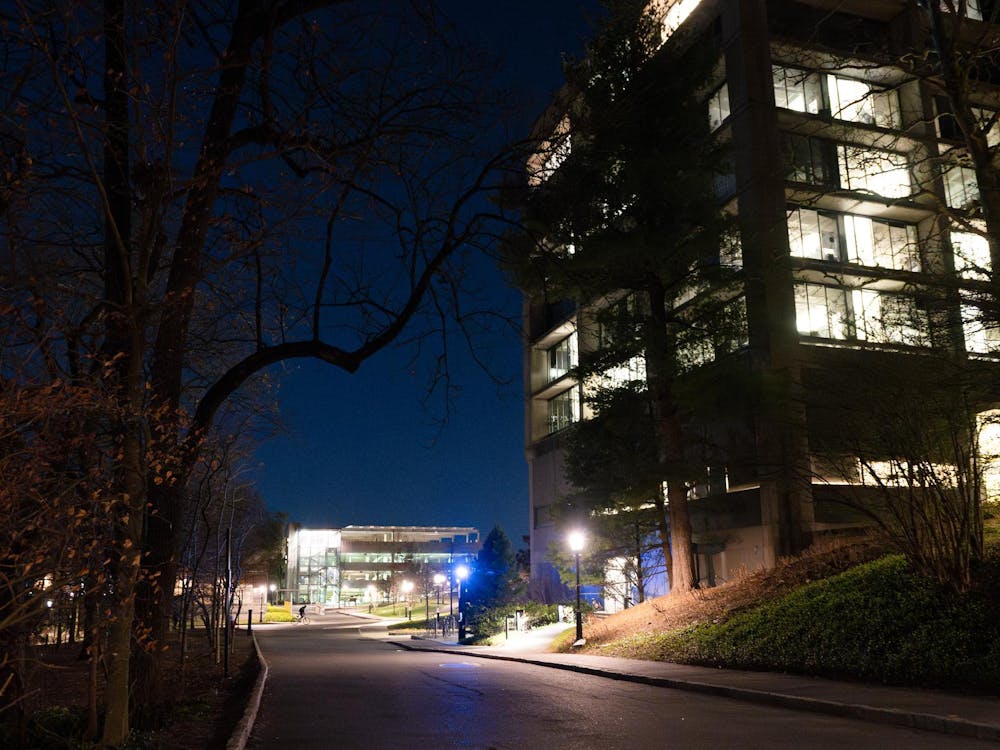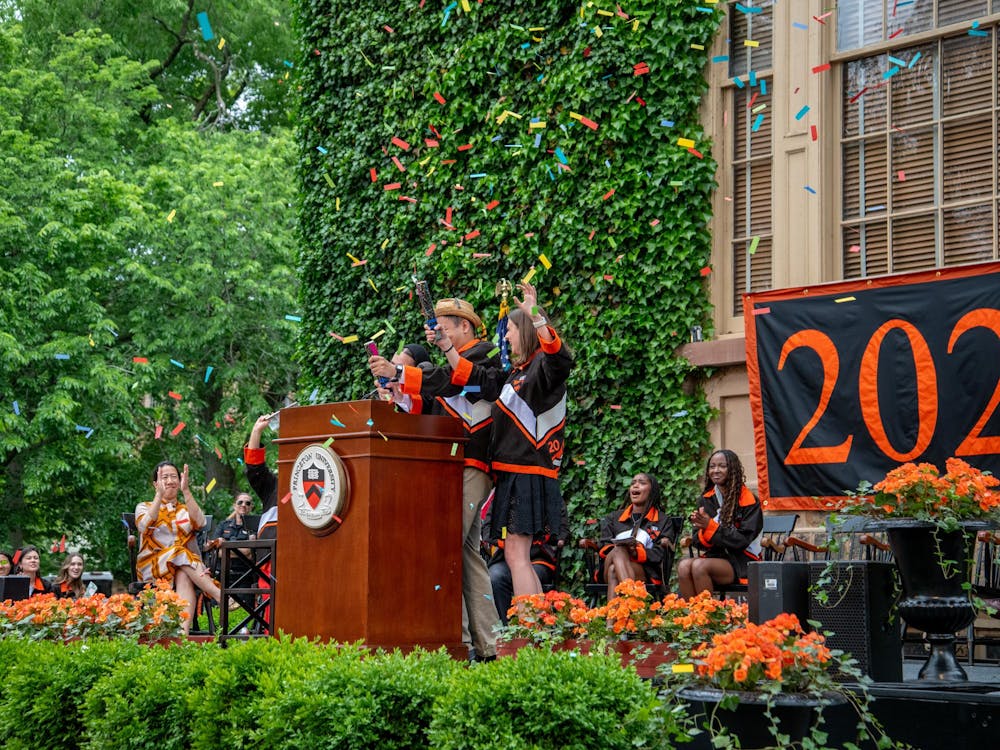The letter made a simple claim: Keddie believes there is an unmet demand for increased housing in the Princeton Borough area. A proposal for an apartment building to help meet such demand and increase downtown’s density was recently rejected by the Regional Planning Board of Princeton, which Keddie mentions in his first letter and seems to be the event that spurred him to write. The conversation the letter generated and the direct responses he received led Keddie and his supporters to create a group, Walkable Princeton, which he announced in another letter to the editor on Feb. 10. Walkable Princeton is an advocacy group dedicated to calling for zoning reform that will allow more members of the local community to lead a walkable lifestyle.
The group cites zoning restrictions and the high cost of living in town as the greatest factors preventing a dense urban core that would make Princeton a more walkable community. It characterizes the prevalence of commuting within the Princeton community as a lose-lose situation. “Bad for Princeton’s traffic, bad for Princeton’s tax base, bad for pocketbooks and lifestyles,” Keddie explained in his Walkable Princeton letter. Since its creation, the group’s Facebook page has received 32 “likes” and has been mentioned in 31 other Facebook posts, with 25–34 being its “most popular age group.” Though in its second week of operation, this town-oriented group has yet to connect with the University or even mention our potential stake.
Perhaps understandably, the students haven’t registered as stakeholders in Walkable Princeton’s goals. As a student, Princeton seems nothing but walkable. The annoyances of traffic or limited parking within the Borough don’t resonate much with me or most of my peers. Further, 98 percent of University students live on campus. Even with an increase in apartment supply and lower rents, it would take a rather large shift in campus mentality for that number to fall. Therefore, the group’s current focus on car- and home-oriented concerns isn’t going to garner much student support.
However, I don’t think Walkable Princeton should write off the students’ potential interest in strengthening the urban core of Princeton. The students and the University both have a strong interest in Princeton being a thriving and vibrant town. If the urban core of Princeton were more densely populated, more consumer amenities would follow. Emails to club and residential college listservs are constantly asking for transportation help to get a new phone or pick up grocery items. If Princeton shifted to become a less car-oriented community, with more residents living in the town than the suburbs, many of those services would begin to show up in town.
Walkable Princeton’s cover photo is a shot from Communiversity, one of few events that literally transcends the town-and-gown border and makes us a united community. So far the only other formalized connections I’ve seen between the town and University students have been through student group or USG-initiated projects. And even those are almost exclusively negotiated in-store discounts and restaurant deals or the occasional on-campus holiday bazaar or goods showcase. I was once confronted by campaigners for a mayoral candidate, but other than that my relationship with the town has been almost purely commercial. While there are certainly SVC, PACE and other student-run volunteer groups that interact with off-campus entities, there seem to be no attempts, from the student body or from the town, to engage students in local advocacy groups, lobbying initiatives or policy-making.
Given the prevalence of social justice and civic engagement activity on campus, this seems to be a grossly overlooked possibility, and small groups like Walkable Princeton, with such an easily identifiable connection to student interests, ought to more seriously consider engaging the student body and enlisting the University’s support.
Lily Alberts is an economics major from Nashville, Tenn. She can be reached at lalberts@princeton.edu.







